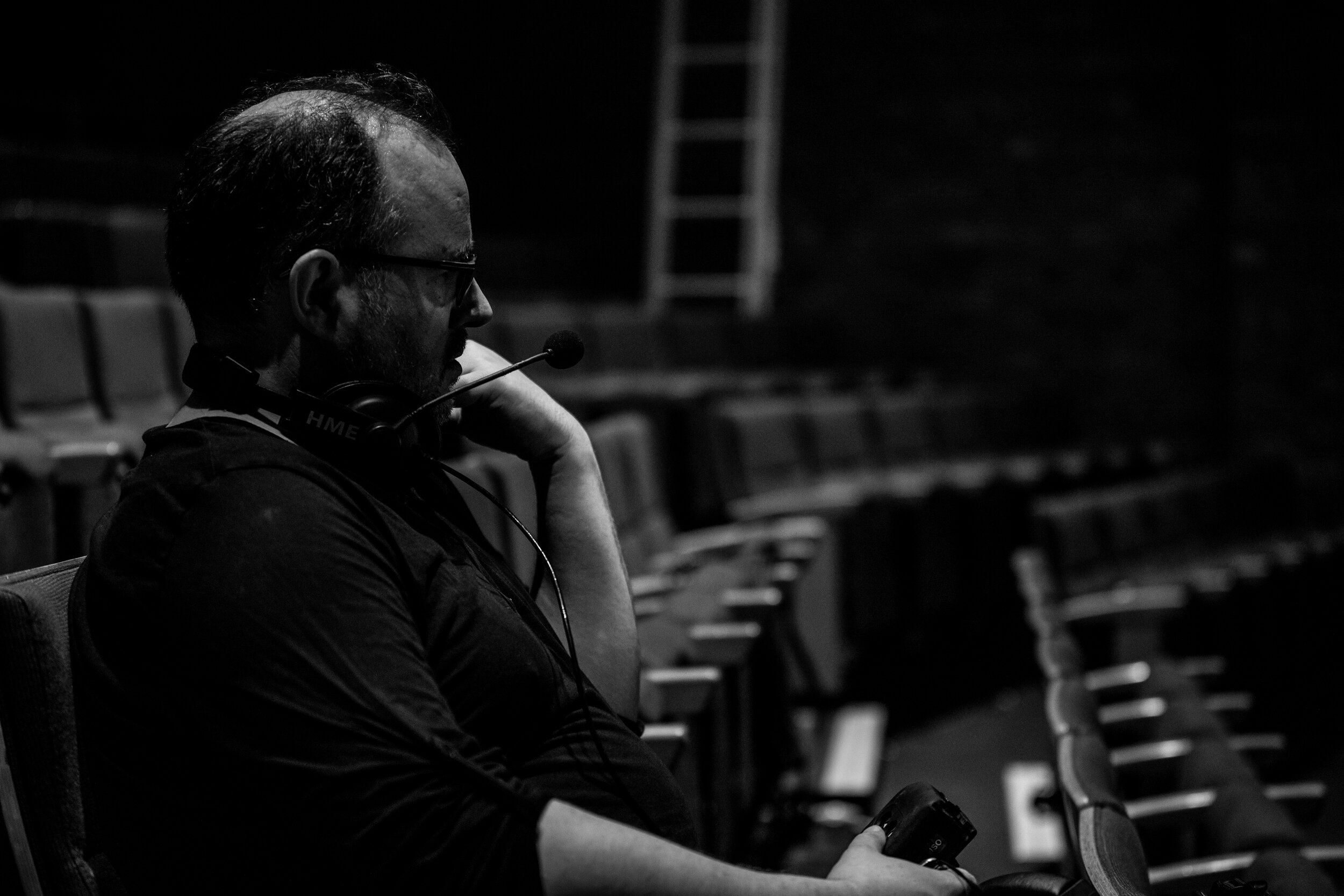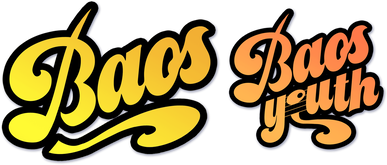
Health and Safety Policy
The Society believes that excellence in the management of health and safety is an essential element within its theatrical productions - a good health and safety record goes hand in hand with excellence in performance.
People are the most important asset to this society, and therefore we are totally committed to ensuring their health, safety and welfare at all times.
From an economic point of view, the society believes that prevention is not only better, but cheaper than cure. There is no necessary conflict between humanitarian and artistic considerations. Profits and safety are not in competition. On the contrary, safety is good business.
From a legal perspective, the society is committed to ensuring that it complies with all relevant health and safety legislation. Where it is reasonably practicable to do so, the society will strive to go beyond the requirements of legislation.
The society is committed to ongoing monitoring and review processes, so that continual improvement in the management of health and safety can be achieved.
Our general intentions are:
To provide adequate control of the Health and Safety risks arising from our theatrical, production and artistic activities;
To consult with our voluntary society members on matters affecting their Health and Safety;
To provide and maintain safe systems of work and equipment;
To ensure safe handling and use of hazardous substances;
To provide information, instruction and supervision for all society members, subcontractors and general theatre staff;
To ensure all society members, subcontractors and general theatre staff are competent to do their tasks and to give them adequate training;
To prevent accidents;
To maintain safe and healthy working conditions;
To provide a safe environment for audience members and visitors that attend our productions; and
To review and revise this policy at regular intervals.
Organisation
Overall responsibility for health and safety is that of:
The Society Trustees / Committee
Day to day responsibility for ensuring this policy is put into practice is delegated to:
Stage Manager
Duties of Society Members
All society members are required to:
Cooperate with the Society Trustees / Committee on health and safety matters;
Not interfere with anything provided to safeguard their health and safety;
Take reasonable care of the health and safety of themselves and others; and
Report all health and safety concerns to the Stage Manager.
Non-compliance with health and safety rules and procedures can result in members being asked to appear before the committee to explain their actions, and where necessary the committee reserves the right to ask them to leave the society where deemed appropriate.
Arrangements for implementation
All society policies and procedures in relation to health and safety are regarded as supplementary to this policy.
Risk Assessment
In accordance with our commitment to the safe running of our theatrical, production and artistic activities, the society will carry out risk assessment of all actions or omissions that present a risk to its members or others persons directly or indirectly involved for example audience members and subcontractors. These risk assessments will be carried out in line with NODA SAFE guidance, and the procedure for doing so is as follows:
Identify the significant hazards involved in our activities.
Decide who might be harmed and how.
Evaluate the level of risk and decide if existing precautions are sufficient, or if more needs to be done.
Record the significant findings of the assessment.
Review the assessment when things change, or there is reason to believe that it is no longer valid.
Risk assessments will be undertaken by:
Stage Manager
Approval for the required action to remove or control risks will be given by the:
The Society Trustees / Committee
Risk assessments will be kept in:
The Production File
Production File
The society operates a documented health and safety production file provided by our health and safety consultants, NODA SAFE, who are our competent advisers on all aspects of health and safety. They can be contacted at any time for advice on 0845 257 6632 or via email at nodasafe@noda.org.uk
The health and safety management system is the responsibility of:
The Stage Manager
Consultation with Society Members
The society will consult with its members in accordance with our commitment to the safe running of our theatrical, production and artistic activities.
Consultation with Society Members will be provided in:
Pre-production meetings
Safe use of production equipment & materials
The society will ensure that all production equipment & materials are suitable and without risks to health and safety, in accordance with the societies commitment to providing the safe running of our theatrical, production and artistic activities.
Responsibility for identifying all production equipment & materials needing maintenance is that of:
Stage Manager
Any problems with production equipment & materials should be reported to:
Stage Manager
Responsibility for checking that new production equipment & materials meets health and safety standards before it is purchased is that of:
The Society Trustees / Committee
Safe handling and use of potentially hazardous substances
The society will assess and control health risks from exposure to hazardous substances. Only approved products will be used in our productions.
Responsibility for identifying all hazardous substances that needs assessing:
Stage Manager
Hazardous Substance Assessments will be carried out by:
Stage Manager
Approval for the required action to remove or control risks will be given by:
The Society Trustees / Committee
Hazardous Substance Assessments will be kept in:
The Production File
Accidents, First Aid and Work Related Ill-Health
The depth of an accident investigation will depend on the seriousness of the incident and this in turn will indicate the type of approach to be taken. For minor injuries or incidents such as cuts or bruising that do not result in any time lost from the production or a member of the public / student being taken to hospital, a brief description of the incident along with the injured parties details will need to be entered into the Accident Record. In the case of a more serious injury or incident a more in depth investigation will be required.
The procedure for such as accident investigation is as follows:
Care for injured person(s) including contacting emergency where necessary
Control hazards/secure accident site, if safe to do so.
Notification of the incident to NODA Safe, who will advise of appropriate action to take.
Investigate promptly.
First aid box(es) is/are kept in:
With the Stage Manager
The appointed person(s)/first aider(s) is/are:
TBC
All accidents and work related ill-health are recorded in the accident book, which is kept in:
Production file
Responsibility for reporting accidents, diseases and dangerous occurrences to NODA Safe is that of:
Stage Manager
Monitoring
To check our production conditions, and ensure our safe working practices are being followed, we will:
Undertake pre-production checks
Emergency Procedures – Fire and Evacuation
Responsibility for ensuring that a fire risk assessment and emergency plan for the venue is in place in that of:
The Stage Manager
Escape routed are checked by/every:
Stage Manager daily and prior to audience members being permitted onto the premises.
In the event of an emergency person(s) responsible for roll call and giving any necessary information to the fire officer are:
The Stage Manager
Visitors
The society acknowledges its responsibility to ensure the health and safety of all persons who come into contact – either directly or indirectly – with its theatrical, production and artistic activities – this includes visitors to society premises i.e. audience members and contractors.
In particular adequate signage and information notices will be used to ensure that visitors are informed of any particular hazards or emergency arrangements, which they may encounter during their time at the premises, and to inform them of any precautions that they should take.
